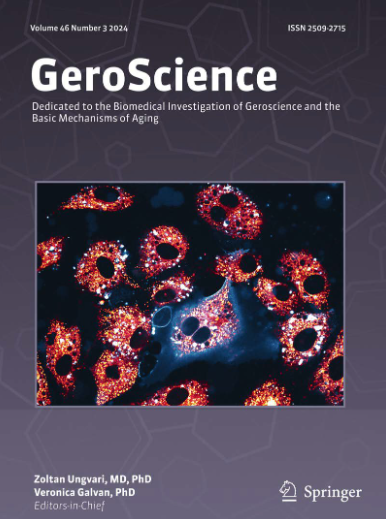短期治疗延迟对肺癌生存无明显影响。
IF 5.3
2区 医学
Q1 GERIATRICS & GERONTOLOGY
引用次数: 0
摘要
及时开始治疗是肿瘤护理的核心原则,特别是对于侵袭性癌症,如肺癌。然而,治疗开始的短期延迟对肺癌患者生存结果的实际影响尚不清楚。本荟萃分析评估了肺癌患者治疗延迟4,8和12周与全因死亡率之间的关系。我们在PubMed、Scopus和Web of Science中对2000年至2025年间发表的研究进行了系统搜索。在5360份筛选记录中,纳入了15项研究,包括16个肺癌患者总生存期的队列。使用随机效应荟萃分析估计治疗延迟4周、8周和12周的风险比(hr)。异质性采用I2统计量测量,发表偏倚采用漏斗图和Egger检验评估。在任何时间点均未发现治疗延迟与生存之间的显著关联。延迟4周的合并hr为1.00 (95% CI, 0.99-1.02),延迟8周的合并hr为1.01 (95% CI, 0.99-1.03),延迟12周的合并hr为1.01 (95% CI, 0.98-1.05)。尽管异质性很高(I2 = 97%),但未发现发表偏倚的证据。该荟萃分析发现,短期治疗延迟(长达12周)对肺癌患者的死亡率没有显著影响。这些发现挑战了短暂延迟普遍恶化结果的假设,并强调了个性化治疗计划和优先排序的重要性。本文章由计算机程序翻译,如有差异,请以英文原文为准。
No detectable impact of short-term treatment delays on lung cancer survival.
Timely initiation of treatment is a core principle of oncologic care, especially for aggressive cancers such as lung cancer. However, the real-world impact of short-term delays in treatment initiation on survival outcomes in lung cancer remains unclear. This meta-analysis evaluates the association between treatment delays of 4, 8, and 12 weeks and all-cause mortality in lung cancer patients. A systematic search was conducted in PubMed, Scopus, and Web of Science for studies published between 2000 and 2025. Of 5360 screened records, 15 studies were included, comprising 16 cohorts for overall survival of lung cancer patients. Hazard ratios (HRs) for 4-, 8-, and 12-week treatment delays were estimated using random-effects meta-analyses. Heterogeneity was measured with the I2 statistic, and publication bias was assessed using funnel plots and Egger's test. No significant association was found between treatment delay and survival at any of the time points. Pooled HRs were 1.00 (95% CI, 0.99-1.02) for a 4-week delay, 1.01 (95% CI, 0.99-1.03) for an 8-week delay, and 1.01 (95% CI, 0.98-1.05) for a 12-week delay. Despite high heterogeneity (I2 = 97%), no evidence of publication bias was detected. This meta-analysis found no significant impact of short-term treatment delays (up to 12 weeks) on mortality in lung cancer patients. These findings challenge the assumption that brief delays universally worsen outcomes and underscore the importance of individualized treatment planning and prioritization.
求助全文
通过发布文献求助,成功后即可免费获取论文全文。
去求助
来源期刊

GeroScience
Medicine-Complementary and Alternative Medicine
CiteScore
10.50
自引率
5.40%
发文量
182
期刊介绍:
GeroScience is a bi-monthly, international, peer-reviewed journal that publishes articles related to research in the biology of aging and research on biomedical applications that impact aging. The scope of articles to be considered include evolutionary biology, biophysics, genetics, genomics, proteomics, molecular biology, cell biology, biochemistry, endocrinology, immunology, physiology, pharmacology, neuroscience, and psychology.
 求助内容:
求助内容: 应助结果提醒方式:
应助结果提醒方式:


